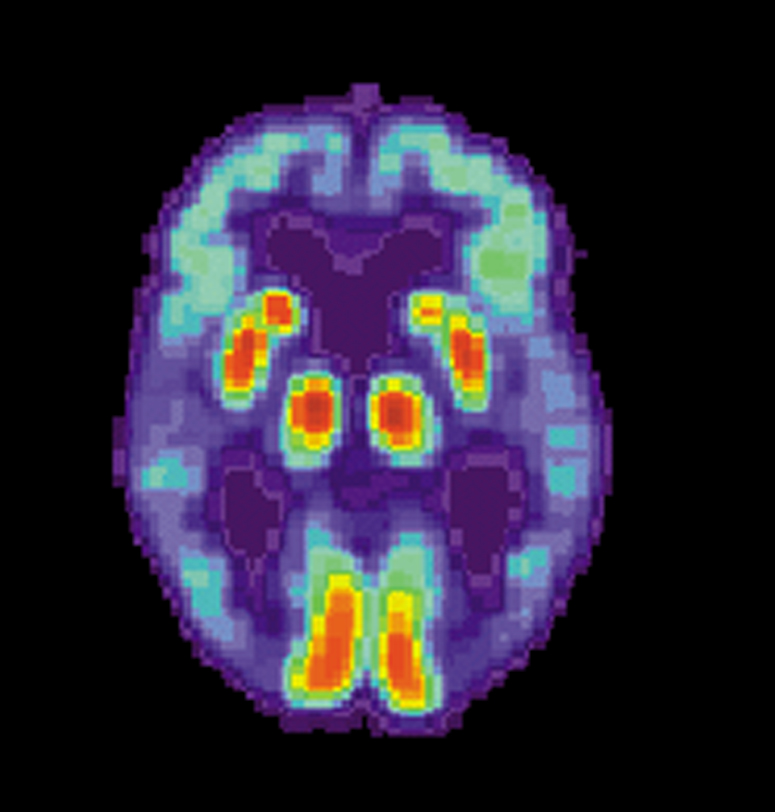Above: Photomicrograph of the distal right coronary artery, showing complex atherosclerosis (thickening of the artery wall due to the accumulation of calcium and fatty deposits). Photo: Nephron, Wikimedia Commons.
We've been away for a long time, but now we're back to report on some new findings that shed a new light on some long-held medical beliefs.
* New study casts doubt on the link between saturated fats and heart disease. Saturated fats are a major contributor to heart disease, we've long been told. Not so fast, says a new study in the Annals of Internal Medicine. As explained in an article by the CBC, the researchers draws on more than 70 studies to conclude that "Current evidence does not clearly support guidelines that encourage high consumption of polyunsaturated fatty acids and low consumption of total saturated fats."
In addition, two studies have found that taking daily fish oil supplements may not help your heart health, either. The omega-3 fatty acids in fish oil supplements "showed consistently little or no significant effect on reducing coronary heart disease events," said the lead author of one of the studies.
* Alzheimer's deaths may be five times more than reported. Cases of Alzheimer disease are projected to grow dramatically in the coming years, but the disease may already be causing many more deaths than are reflected in the official stats. Researchers at Chicago's Rush University Medical Center say that hhis is because death certificates often neglect to mention Alzheimer as a contributing cause of death. The new numbers would make Alzheimer disease the third leading cause of death in the U.S.
What's more, a new report from the Alzheimer's Association says that women over 60 "have a 1 in 6 chance of getting Alzheimer's disease in their lifetime, and are twice as likely to develop Alzheimer's compared with breast cancer.
* Colon cancer rates decline sharply. The incidence of colorectal cancer, one of the most deadly forms of the disease, is down more than 30% among Americans due to increased use of colonoscopy for screening. "Xolonoscopy rates among adults ages 50 to 75 rose steeply — from 19 percent in 2000 to 55 percent in 2010," says an article in Health.com drawing on a study from the American Cancer Society.
The decrease was highest among older people: those 50 and older saw a decrease in colon cancer of 3.9% per year. There was bad news for younger people, however, as there's been a 1.1% per increase in colon cancer in persons under 50.

